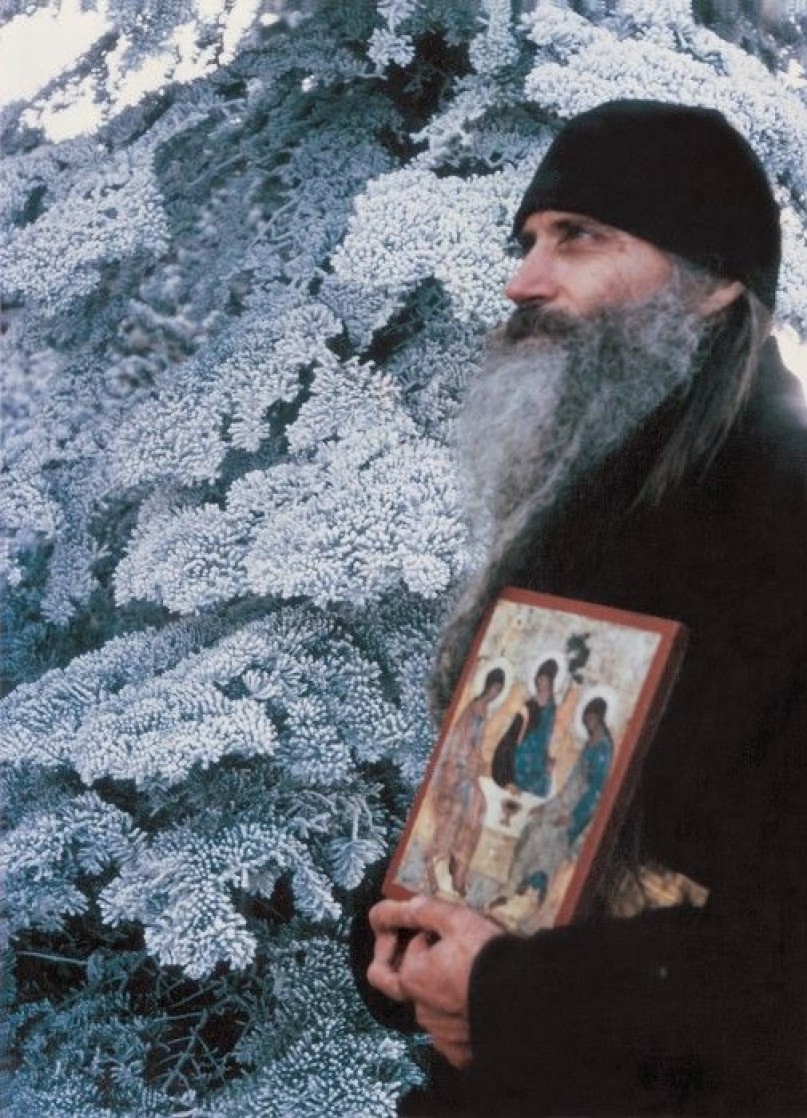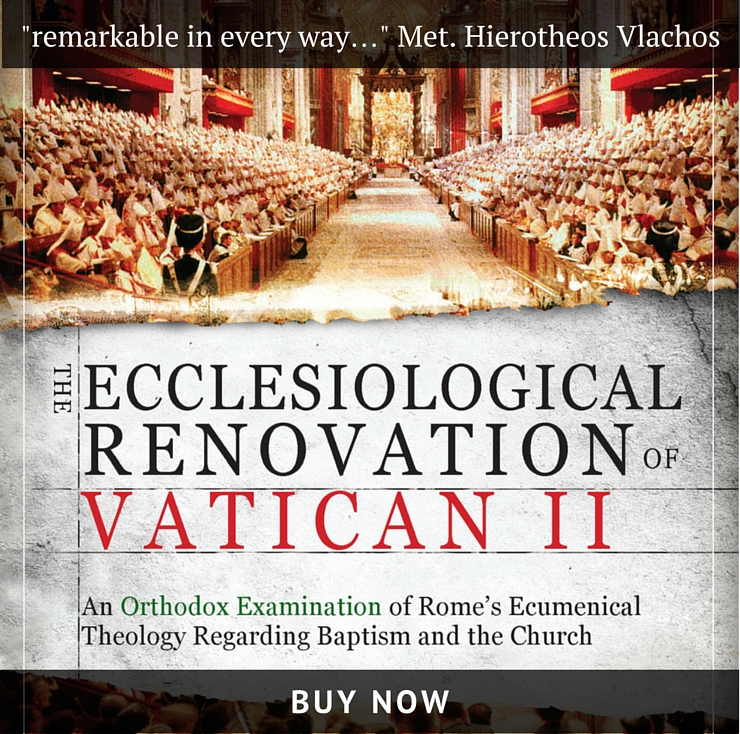The following are select separate notes found after Fr. Seraphim Rose's repose in 1982, published in Genesis, Creation, and Early Man:
4. Science as a Lower Form of Knowledge
The Orthodox Christian is not “against science.” But he expects from science only that knowledge which it is capable of giving, by its very nature—not theology, not a philosophy of life. Yet in our time of intellectual confusion, when “science” has achieved such a prestige in the popular mind as to be synonymous with knowledge itself, it happens all too often that scientists presume to teach that which they did not learn by means of science at all; such scientists, in fact, talk like theologians.
Modern science thinks it is “knowledge” par excellence, and before its prestige Orthodox believers waver, often apologizing for believing what seems “unscientific,” remaining content with the pietism or “religious feeling” which is the place where the scientific establishment allows faith today.
But true Orthodox Christianity is quite different. It is not bound up with any current of modern thought; it is a knowledge superior to science, and it certainly need not apologize to a lower form of knowledge.
We know God created the world in “measure, number, and weight” (Wisdom 11:20); but God has not revealed to man the details of His ordered creation, and those who pry into the “mystery of nature” find out only an infinitesimal part of the mysteries which come from God’s infinite wisdom. Modern science has proved that fallen man is not capable of using well what knowledge he has obtained.
But modern science is not only knowledge. It has divorced itself from revelation, and therefore placed itself at the disposal of heretical, un-Christian and anti-Christian theories and philosophies. Often these conflict with revelation because they enter the realm open only to theology.
So it is with the doctrine of the first man. God has not revealed many details of the first state of His creation, but [what He has revealed] is sufficient to judge the philosophical-religious speculations of evolutionists. The Orthodox doctrine of creation has not been known in the West; the Roman Catholic doctrine is quite different.
6. The Lack of Philosophical Culture among Orthodox Christians
The misunderstanding of evolution on the part of some Orthodox Christians comes from a want of philosophical culture:
1) They do not have a critical approach to scientific "findings" (although, in full harmony with the modern spirit, they do have a critical approach to Scripture) and do not understand the nature of scientific "evidence" which supposedly supports evolution, nor do they know how to distinguish between fact and philosophy. They are unnecessarily awed by scientific "experts" and do not take the necessary trouble to investigate the question themselves.
2) They do not understand the philosophical "spirit of the age" which gave rise to evolution, and therefore they naively accept the "scientific fact" of evolution, but reject the finished philosophy of evolution as in Teilhard de Chardin. They do not see that these are one whole; without the philosophy, there would never have been the "fact" of evolution.
3) They do not understand the philosophy of the Holy Fathers—their whole outlook on nature and on specific questions such as the natures of individual things.
7. The Philosophy of the Holy Fathers
“The Fathers said nothing about evolution”—this is used by many Orthodox as an excuse for actually believing whatever one wants or whatever "science" says on this subject.
But our attitude to the Fathers must be more serious and more profound than this. Being faithful to the Fathers does not mean merely being ready to quote them or feel “free” to think as one pleases if no quotes are available. Rather, it means entering into their thought, which is the thought of the Church of Christ, and having a coherent philosophy of life derived from our life in the Church in harmony with the thought of the Fathers.
And the Fathers did have a philosophy, indeed a theology, which encompasses the question of evolution and makes it absolutely clear what the Orthodox Christian must think about this question. "Evolution" is not a "heresy," any more than Buddhism is a "heresy''; but it includes, implies and presupposes so many errors and false views as to be totally incompatible with Orthodox Christianity. Most Orthodox believers have not thought deeply on this question, and so in their carelessness they think it is somehow "possible" to accept evolution. The rest of this study will attempt to clarify this issue, to make Orthodox Christians aware of the implications of Orthodox theology and the philosophy of the Holy Fathers, which have a very clear view of the chief questions raised by evolution for Christian believers.
From Genesis, Creation, and Early Man by Fr. Seraphim Rose (St. Herman of Alaska Brotherhood, Second Edition, 2011, pages 508-511; italics emphasis by author, bold emphasis by editor)



Please be kind, lest your comment go the way of Babylon.